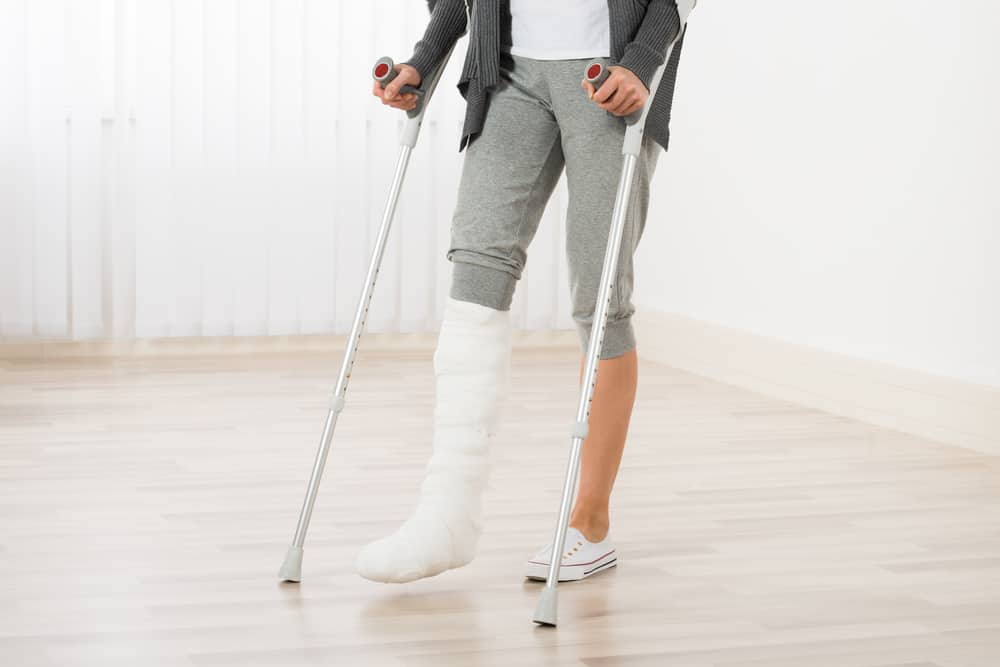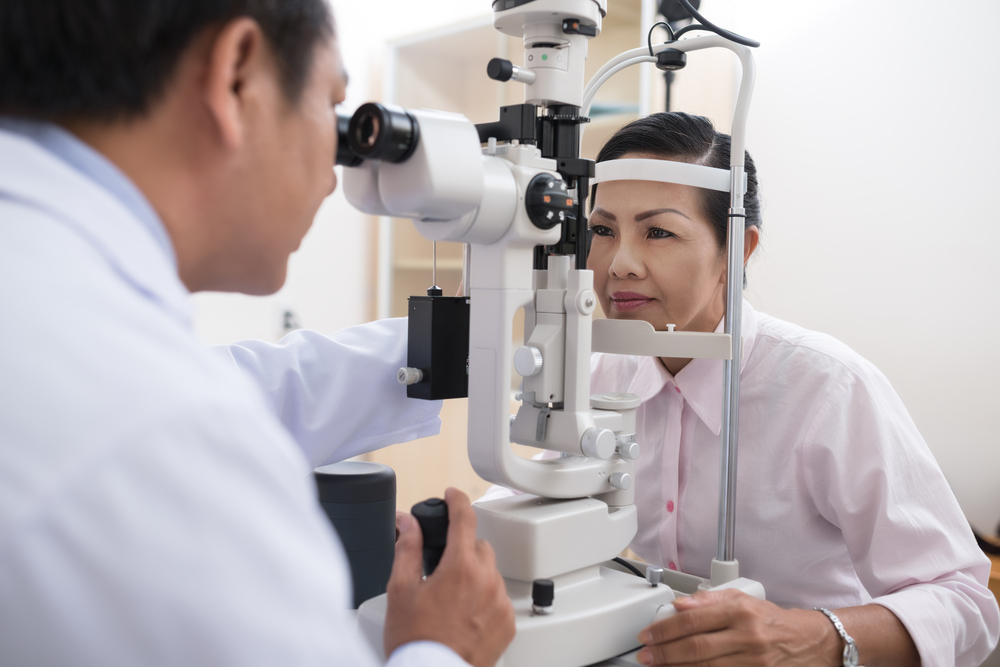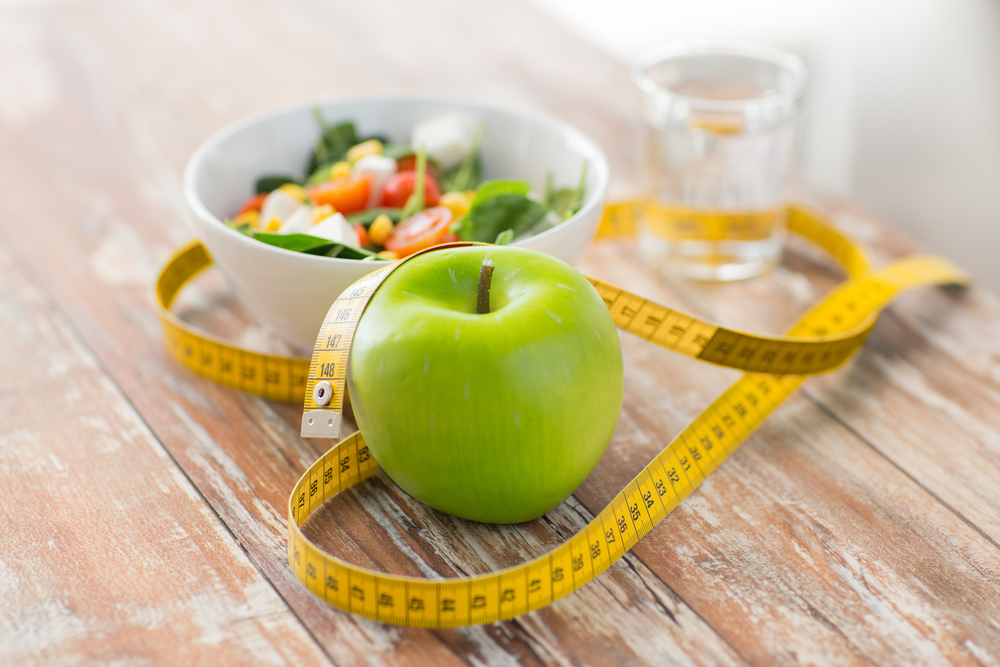Contents:
- Medical Video: 5 common signs of colon cancer
- What are the risk factors for colon cancer?
- 1. Age
- 2. Gender
- 3. Family history of cancer
- 4. A rare congenital condition
- 5. Inflammatory bowel disease (IBD)
- 6. Adenomatous polyps (adenomas)
- 7. Personal history regarding certain types of cancer
- 8. Race
- 9. Physical inactivity and obesity
- 10. Smoking
Medical Video: 5 common signs of colon cancer
Having one, or even a few, risk factors for colon cancer does not mean that you are guaranteed to have this disease. In general, the chances of getting colon cancer are only around 5 percent if you have medium risk factors. While some people affected by this disease may not have known risk factors.
What are the risk factors for colon cancer?
The following factors can increase a person's risk of developing colon cancer. But sometimes it can be very difficult to know how far certain risk factors for colon cancer can contribute to the development of cancer.
1. Age
The risk of colon cancer can increase with age. Colorectal cancer can occur in young people and adolescents, but more than 90% of colorectal cancers are experienced by elderly people, aka over the age of 50 years. The average age of diagnosis is 72 years.
2. Gender
Men are slightly more at risk for colorectal cancer than women.
3. Family history of cancer
In general, most colon cancer (around 95%) is considered sporadic, which means that gene changes occur by chance after a person is born. So there is no risk of lowering this gene change in his child. Legacy colorectal cancer is less common (around 5%) and is experienced when gene mutations, or changes, are inherited in the family from one generation to the next
Colon cancer can be lowered in families if first-degree relatives (parents, siblings, and children) or many other family members (grandparents, aunts, uncles, nephews, cousins and grandchildren) have had colon cancer. This is especially true if family members are diagnosed with colon cancer before the age of 60 years.
If someone has a family history of colorectal cancer, the risk of developing this disease is almost twice as large as the average risk factor for other colon cancer. Your chances will also increase even further if other close relatives also have colorectal cancer.
It is important to talk to family members about a family history of colon cancer. If you think you might have a family history of large intestinal cancer, consult a gene expert counselor before undergoing a gene examination. The only gene test can determine whether you have a gene mutation, and a trained gene expert counselor to explain the risks and benefits of gene testing.
4. A rare congenital condition
Family members with unusual conditions also have a significant increased risk for colorectal cancer, as well as for other types of cancer. This includes familial adenomatous poluposis (FAP), attenuated familial adenomatous polyposis (AFAP), Gardner syndrome, Lynch syndrome, Juvenile Polyposis syndrome (PJS), and Turcot syndrome. Relatives of women with uterine cancer syndrome can also be more risky.
5. Inflammatory bowel disease (IBD)
People with intestinal inflammation, such as ulcerative colitis or Crohn's disease, can get chronic inflammation of the large intestine. Inflammation can increase the risk of colon cancer. However, IBD is not the same as irritable bowel syndrome (IBS)
6. Adenomatous polyps (adenomas)
Polyps are not cancer, but some types of polyps called adenomas tend to turn into colon cancer. Polyps can often be removed completely using a tool in a colonoscopy, a test where the doctor examines the large intestine using a thin tube after the patient has been sedated.
Removal of polyps can prevent colon cancer. People who have been exposed to adenomas are at a higher risk for additional polyps and colon cancer, and they have to undergo regular screening tests.
7. Personal history regarding certain types of cancer
People with a personal history of colon cancer and women who have had ovarian or uterine cancer are more likely to develop colon cancer.
8. Race
Blacks have the highest rates of colorectal sporasis, or acquisition, in the United States. Colon cancer is the leading cause of cancer-related deaths among black people. Black men are even more likely to experience death from colorectal cancer than black women. In general, the number of cases of colon cancer in black races is much higher than in other races. The reason for this difference is not clear.
9. Physical inactivity and obesity
People who live an inactive lifestyle, which means not exercising regularly and sitting a lot, and people who are overweight are more at risk for colorectal cancer.
10. Smoking
Recent research has shown that smokers are more likely to experience colorectal cancer deaths than those who don't smoke.
Hello Health Group does not provide medical advice, diagnosis or treatment.












